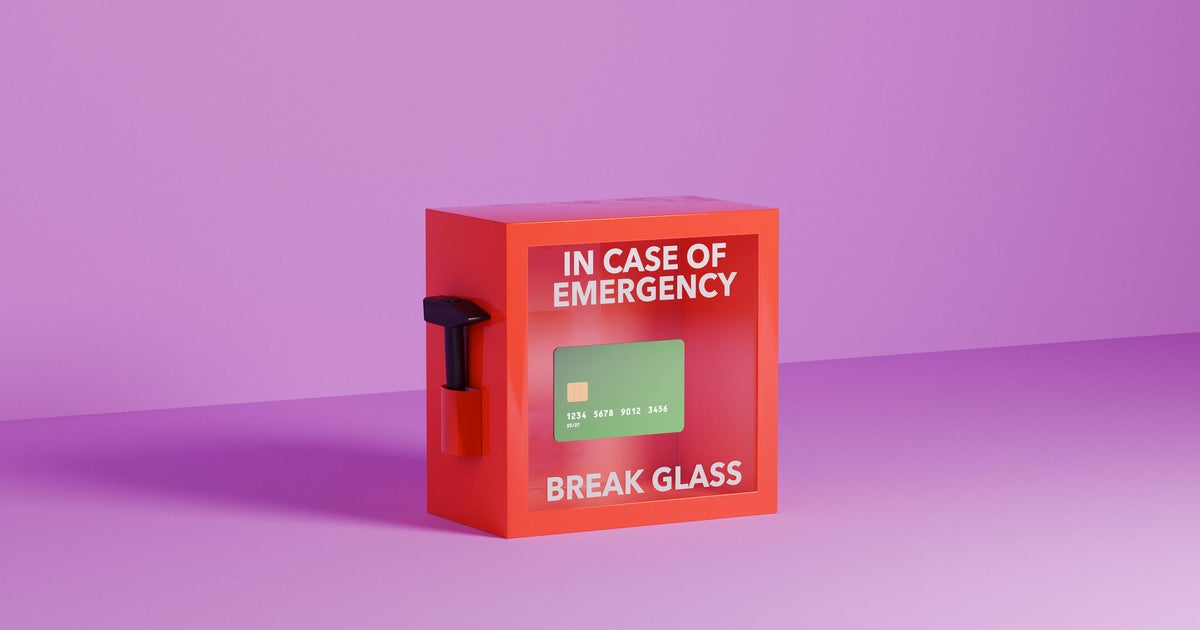Why you should consider getting comprehensive travel insurance
If you consider yourself a planner, then you understand how valuable it is to prepare for an upcoming trip — especially if it's a pricey one. You'll want to nail down all the details, from airfare to hotel stays to excursions and beyond.
For some travelers, that also includes preparing for the unexpected: trip delays and interruptions, any potential accidents, lost luggage or more. In order to save yourself a headache and prevent any major financial losses, you may want to consider getting travel insurance (not to be confused with airline travel insurance).
When you buy travel insurance, you're insuring up to 100% of your trip expenses, depending on the plan you get. For those interested in receiving a variety of benefits, comprehensive travel insurance may be your best bet. Insert your trip and traveler information here to view dozens of travel insurance options that fit your needs.
What is comprehensive travel insurance?
Travel insurance can possibly save you thousands of dollars if an unforeseen issue or event arises — like a canceled booking or a medical emergency requiring a hospital stay, for example.
If you're looking for widespread insurance coverage, then you should purchase a comprehensive plan. These kinds of plans offer perks like trip cancellation and delay coverage, emergency medical and medical evacuation coverage, lost luggage and more. Here's a full list that explains some of the extensive benefits that can come with a comprehensive plan.
"Every comprehensive travel insurance policy comes with 24 Hour Assistance, which can help travelers with medical and legal assistance, emergency cash transfers, emergency translations and pre-trip assistance," travel insurance marketplace Squaremouth adds.
To get started, just insert some details on your upcoming trip into Squaremouth's free tool.
Why should you get comprehensive travel insurance?
Emergency medical and medical evacuation coverage, especially on international trips, are among the most critical reasons travelers buy travel insurance.
"The medical benefits of travel insurance are perhaps the most worth it due to the high financial ramifications that can come with a medical claim while traveling," SquareMouth says.
Before you leave for a trip overseas make sure you closely review your current health insurance coverage to see if you're protected in that destination.
"If you need medical care in another country, you will likely need to pay out-of-pocket for any services. Even if a country has nationalized health care, it may not cover people who are not citizens," the Centers for Disease Control and Prevention (CDC) warns.
The CDC added that it's particularly important if you have an existing health issue, are traveling for an extended period of time or planning to partake in sports or other activities.
"It's something to think about. It could help you out, depending on how good your current health insurance is," Michael Giusti, an analyst for InsuranceQuotes.com, previously told CBS MoneyWatch.
"I can't think of an overseas trip I wouldn't recommend [travel insurance] for, because there is so much potential for something to go wrong," added Giusti.
If you're getting ready for international travel, then you may want to start shopping around for the best travel insurance plans.
Squaremouth recommends getting comprehensive travel insurance that includes $50,000 in emergency medical coverage and $100,000 in medical evacuation coverage.
But medical coverage isn't the main reason travelers purchase insurance, Squaremouth says.
"Trip Cancellation coverage is the primary reason most travelers buy travel insurance. This benefit can reimburse 100% of your prepaid and non-refundable trip expenses if you need to cancel your trip for a reason covered by your policy," the marketplace site says.
How much does travel insurance cost?
In general, the price of travel insurance should not cost more than 10% of your total trips. The U.S. Travel Insurance Association (UStiA) says it should fall between 4% to 8% of your trip cost.
In order to save money, it's crucial that you narrow down the benefits that you actually need and stay within your budget.
"It's a common misconception that a more expensive travel insurance policy will provide better or more reliable coverage. However, the rating and reputation of a travel insurance policy does not factor into the policy's premium," SquareMouth explains, adding that it will "always recommend the least expensive policy that matches your coverage needs."




